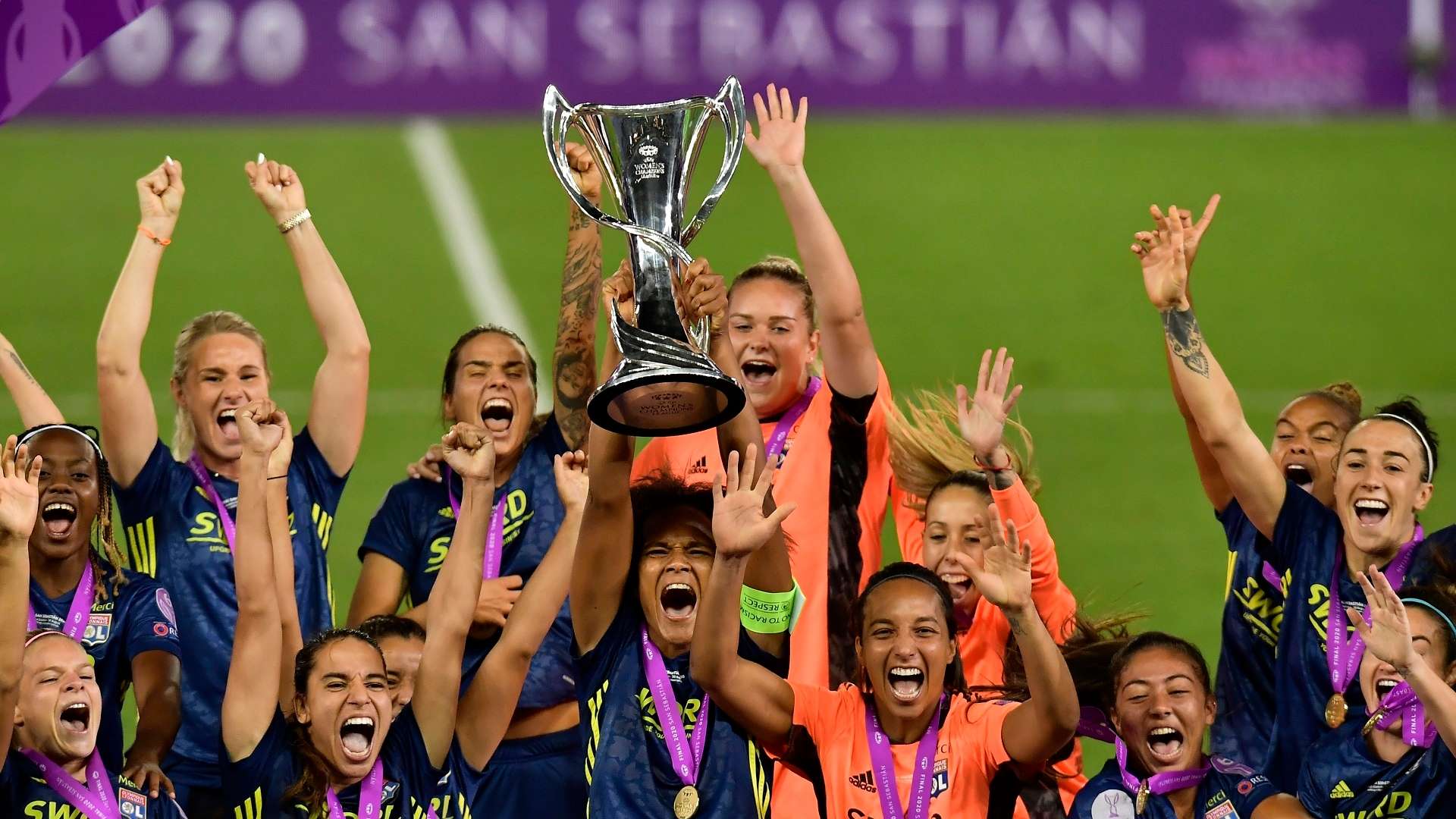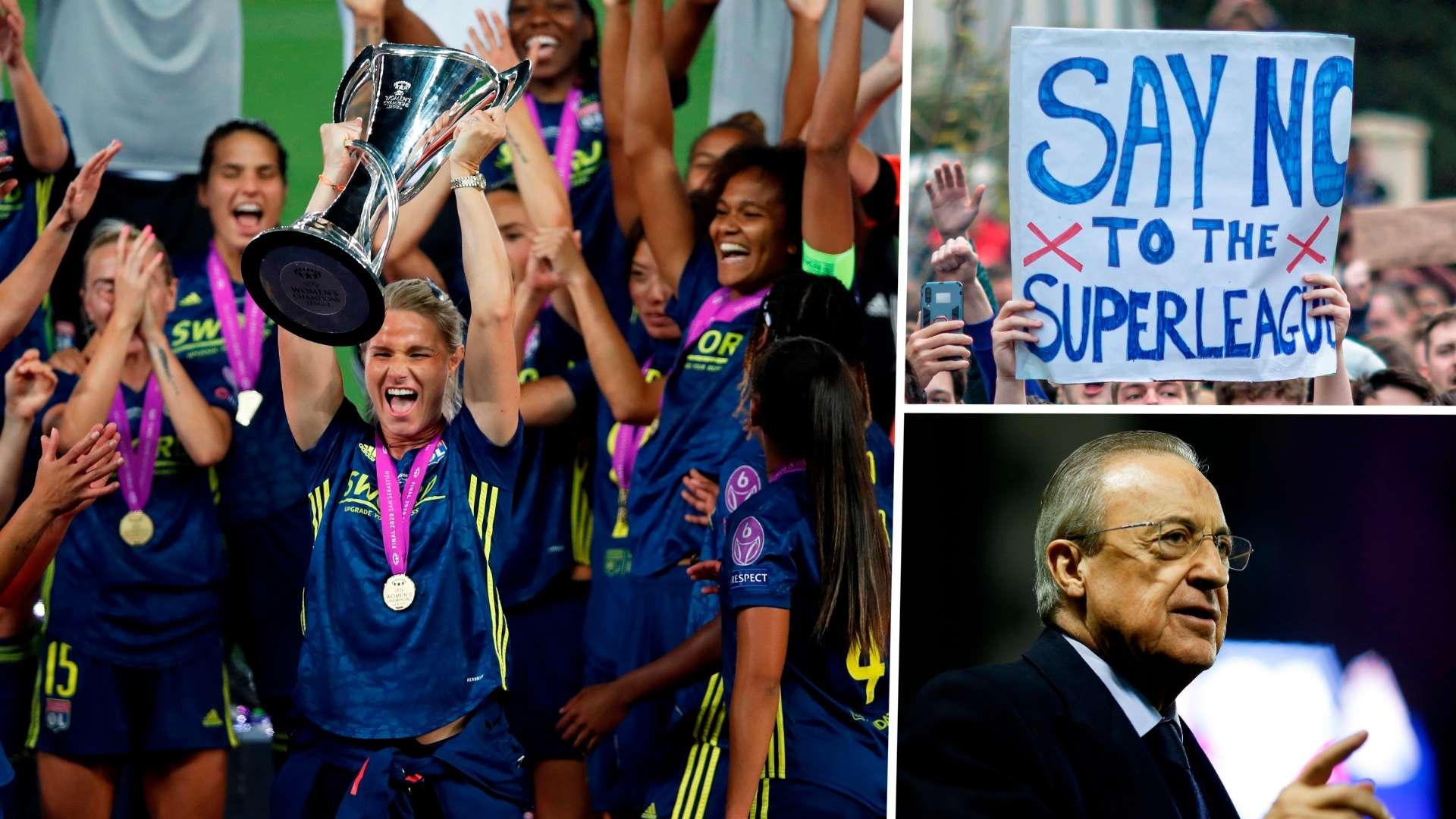The plan for the European Super League this week taught us nothing new in football.
It served as a reminder of the pursuit for profits on the part of those running these historic clubs, who were willing to contradict working-class beginnings and traditions over a century old to bolster their bottom lines.
It once again showed how little regard is paid to fans; a simple bit of communication with supporters could have been enough to avoid this mess entirely, never mind with the players and coaches who were equally opposed to such a plan.
And it also emphasised just how disconnected the elites are from the women’s game.
In the Super League’s 745-word press release, there were only 27 regarding a vague promise to women’s football.
“As soon as practicable after the start of the men’s competition, a corresponding women’s league will also be launched, helping to advance and develop the women’s game,” the statement read.
Manchester City women’s head coach Gareth Taylor put it well on Thursday, remarking how it felt like the women’s game was “thrown in late and almost at the bottom of many other bullet points”.
It was painfully clear how little thought was put into any idea of a women’s edition, which is particularly worrying considering the ramifications this move could have had.
As the rumours began to circulate before this press release though, it was already evident that no one had considered women’s football, so much so that it was a surprise to see the game mentioned.
Just look at the clubs involved. Only one, Arsenal, have ever won the Women’s Champions League. Furthermore, five have never even qualified for European competition. One of those, Liverpool, don't even play in the top flight.
Instead of actually looking at who the biggest teams were in European women’s football to build an equivalent of the men’s European Super League, the organisers of this ludicrous idea were fitting square pegs in round holes.
Whether they simply ignored or were somehow unaware of the absence of a seven-time European champion, Lyon, is bizarre, though they did include a nine-month-old Real Madrid side.
 Getty
Getty
This isn’t new, though. This is something that has happened for decades in women’s football. Over and over again, the thinking is that what works for the men, is what works for the women.
It’s a problem that occurs for simple issues – like women’s teams wearing clearly oversized kits that are designed for men – to more complex ones – such as the lack of football boots designed specifically for women, an issue linked to the ubiquitous problem of ACL injuries in the women’s game.
An incredibly long list of these discriminatory issues could be drawn up - not just in football, either - and the European Super League added itself to the bottom this week.
The biggest relief of this idea seemingly collapsing is because of fears that have been expressed all week on the men’s side too. What would some domestic competitions have done without these 12 clubs? What would have been the ripple effect on not only their leagues, but the football pyramids?
Moreover, with the Women’s Champions League set to engrave a new name on its trophy this season, it would have been a serious shame to see some of those teams that have increased the competitiveness in Europe, to challenge an all-conquering Lyon side, leave the competition for one that does not value such a thing.
Owners have said this move was to save football. They said it was something that would benefit the women’s game. However, they didn’t hide the reality very well.
They thought only about the money – they never thought about the clubs, the fans, the players or what was good for football as a whole.
If anything, it was a shock they even mentioned the women’s game at all.
